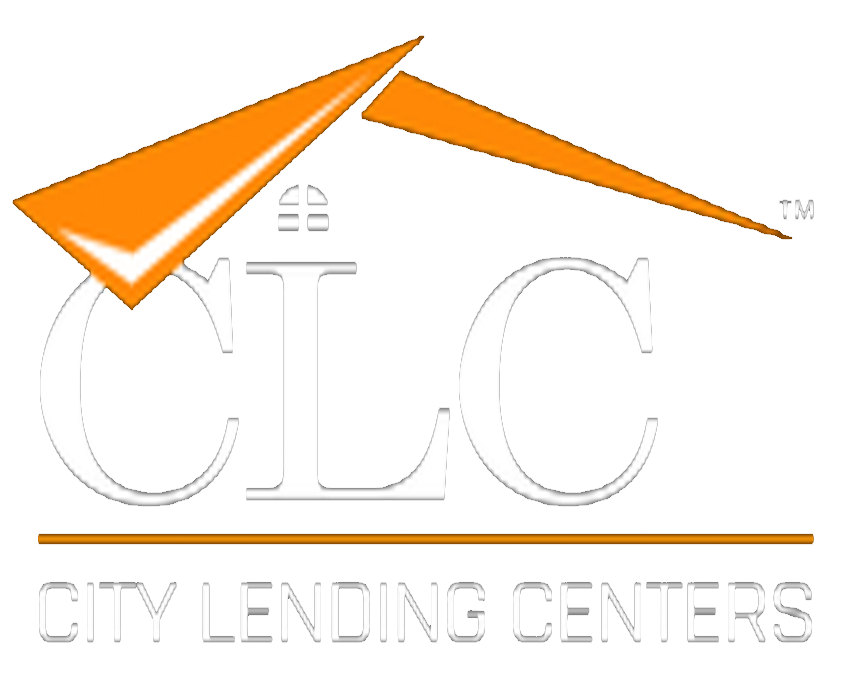What is a Credit Score?
A credit score is a three digit varying number from 300 to 900 that represents an individual’s reliability and creditworthiness. When you borrow money from a creditor, certain information regarding your credit is shared with a credit bureau. All the information related to your credit, such as whether you’ve paid your bills on time, whether you’ve missed any payment, and how much debt you have outstanding, will get shared with the credit bureau. All the information will then be recorded in your credit report. A credit report is used to calculate your credit score, a three-digit number that indicates to lenders your capacity to repay a loan.
Why is it used?
The main motive of credit score is to help financial risk managers and lenders make fair decisions on whether or not to “take a risk” of giving loan to someone.
How is it calculated?
The Main Factors Involved In Calculating A Credit Score Are:
- Your payment history – 35{394614724c57273a4c595be81299e7b9f866b52ebec43b48050cccd37d9cdd0a}
- Your used credit vs. your available credit – 30{394614724c57273a4c595be81299e7b9f866b52ebec43b48050cccd37d9cdd0a}
- The length of your credit history – 15{394614724c57273a4c595be81299e7b9f866b52ebec43b48050cccd37d9cdd0a}
- Public records – 10{394614724c57273a4c595be81299e7b9f866b52ebec43b48050cccd37d9cdd0a}
- Number of inquiries into your credit file – 10{394614724c57273a4c595be81299e7b9f866b52ebec43b48050cccd37d9cdd0a}
What can an individual do to improve and retain their Credit Score?
Here are five ways that will help you re-building your credit.
1. Pay Your Bills on Time
The most basic thing you can do to improve your credit is timely payments. Pay your bills on time every month. Consider setting up payment reminders or automatic payment methods that to ensure no such delays in future payments.
2. Manage Your Credit Utilization Ratio
No one wants their credit cards to max out. Not only do the users dislike it but the creditors also don’t like to see credit accounts that look maxed out. The credit utilization ratio observes the difference between your credit card limit and the utilization of your available credit (your balance). The lower your credit utilization, the better it’d be for you.
3. Take a Secured Account
A secured credit card can build your positive credit history. With secured credit card, you deposit cash into a lender’s saving account as collateral or security and in return you’ll get a credit card with a credit limit typically equal to your deposited amount. Lender uses your deposited amount as collateral if you fail to pay your bills. But that doesn’t mean you can use your deposited amount every month to your pay your bills.
4. Seek Help from Your Friends and Family
Your friends and family can also help you in re-establishing your credit, here’s the ways they can do this (if they are willing to).
- Allow you to become an authorized user on their credit card.
- Act as a cosigner for a loan you might not qualify for otherwise.
- They open a joint account with you.
5. Get Help with Your Debt
If you are facing difficulty in your debt payments, you have options available to seek help.
- Credit counseling: A certified credit counselor can help you build a financial plan for the efficient management of your debt.
- Debt Management Plan: It focuses on eliminating your debt. You’ll have to deposit your funds every month with a credit counselor who will then use your money to pay unsecured bills according to a payment schedule the counselor works out with you and your creditors. Creditors might lower your interest rates or waive certain fees, but they’re not compelled to do so.
- Debt Consolidation: With debt consolidation loan, you get leniency in the amount of interests you pay every month.
